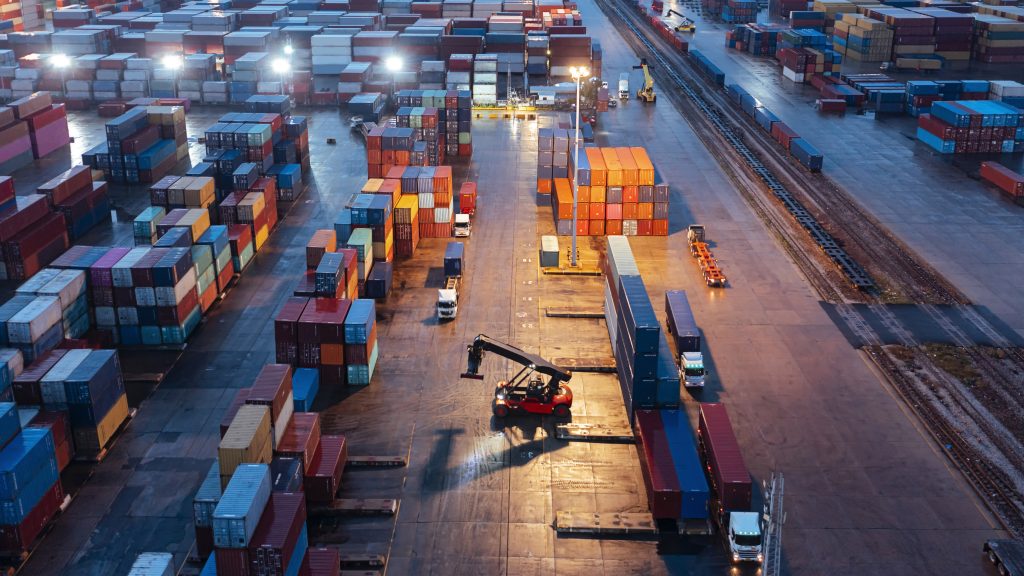VAT and indirect tax |
21 December 2020
From a general VAT perspective, the coming year of 2021 will be a turbulent one and will create a lot of work for businesses operating in an European environment. Below are the key VAT aspects to consider before the end of the year.
1. Restructuring of supply and service chains during the pandemic
Covid-19 has influenced the supply and service chains in many companies, mainly due to the changed “sourcing”. This has a direct impact on VAT and customs law. Since quick action was necessary in the first weeks and months of the pandemic, it cannot be ruled out that the legal effects could not be fully comprehended in every detail. This shall be tackled now, because there is one certainty: the next VAT or customs audit will come! In view of the high financial burdens on Fisci because of the so-called Covid-19 measures, we expect that this will have an impact on the quality and outcome of tax and VAT audits in the countries.
2. Quick fixes
The quick fixes are part of the EU Action plan to implement a final VAT system in 2022.
The rules have been in effect since 1 January 2020 and are still confusing entrepreneurs around the EU. In brief, the rules for applying VAT exemptions are much stricter now. In order to comply with these rules, businesses need to implement respective processes.
It can be assumed that a lot of companies were working on the implementation of such processes – and then Covid-19 came! However, due to the significant financial impact in case the quick fixes are not met, it is strongly recommended to take care of this topic.
3. EU VAT e-commerce package
The next important development at European level is the implementation of the EU e-commerce package which is also related with the EU action plan on VAT.
In brief, the package includes:
- A new regulation stating that the distance sales rule also applies, under special conditions, to distance sales from third countries where the goods either remain in the Member State of import or are transferred to another Member state after import.
- MOSS becomes OSS / IOSS: The one-stop-shop system allows for any VAT on B2C-sales owed in different EU Member States to be centrally reported and paid in just one Member State and might prevent multiple VAT registrations. This procedure will be extended to a broader spectrum of supplies than before. There is also a new import regulation (IOSS) for distance sales with a tangible value of up to € 150, which can be reported via OSS in the future. In this case you are exempt from import VAT under the condition an intermediary is appointed.
- For distance sales from third countries like the US and/or China (and the UK in case of no-deal Brexit), the IOSS may be applied. For imports outside the IOSS, a new procedure will be implemented. However, import VAT will become due.
- Operators of electronic interfaces – especially online marketplaces – which will already be held liable if the retailer does not pay VAT accordingly, will bear an even larger burden of liability: For certain supplies from third countries to non-entrepreneurs, a fictive chain transaction is established in which the online marketplace is regarded as if had bought and sold the goods itself. This is aligned with the reporting obligation under DAC7.
4. (Hard) Brexit
During the transition period, the United Kingdom has been treated as an EU member in terms of customs and VAT even after leaving the EU. The United Kingdom has not requested an extension of the transition period, thus it will end on 31 December 2020. In terms of VAT, the United Kingdom will be considered a third country from 1 January 2021 onwards.
For the movement of goods, the relevant (third-country) customs formalities must be observed from the official end of the transition period onwards. The scope will depend on a possible free trade agreement for which negotiations are still ongoing.
Although it is common practice for businesses to appoint a customs agent to take care of customs formalities, one should realize that the standard terms & conditions of customs agents contain the provision of indirect representation under the Union Customs Code. This means, that the importer is liable and responsible for providing the correct customs information on customs valuation, customs classification and origin of products to be imported, and therefore knowledge of customs law is essential.
It should also be noted that without a special arrangement on the topic, the UK is a third country and cannot act as Exporter of Record for exporting products out of the EU.
5. For those who use SAP, the switch to SAP S / 4 HANA must also be implemented in terms of VAT.
6. And finally – for businesses operating in Germany, the VAT rates which were decreased for the 2nd half of 2020, will return to the original VAT rates from 1 January 2021 onwards.




















